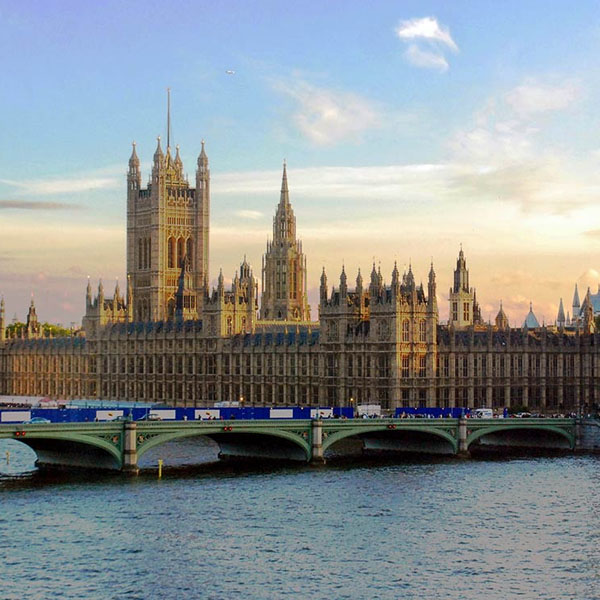
According to the most recent figures, applications for student visas from the world to the UK have grown by 89%. Therefore, efforts are being made to speed up the application procedure for UK student visas. Students should be aware of the following three UK study visas if they intend to spend more than six months studying there:
UK Student Visa Documents Requirements
In contrast to applying for a tourist visa, applying for a student visa necessitates carrying a lot more documentation. Along with the required documentation, applicants also require supporting evidence from their academic and financial lives. Before heading to the consulate for the visa interview, make sure to consult the UK Student Visa Checklist.
Before applying, you should have the following documents
Eligibility- Student Visa
Process- Student Visa United Kingdom
The application process for a UK student visa entails multiple steps. Applications for UK study visas are handled in three weeks after they are submitted in full.